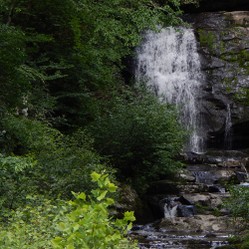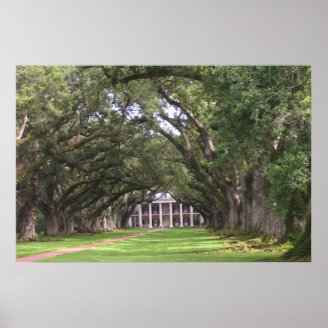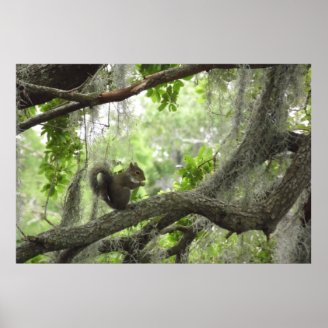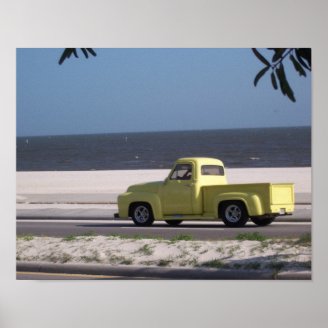Adding pictures to articles can enhance the articles, but we must use discretion. It is said “one picture is worth a thousand words.” While this has merit, the addition of images must be done legally, and with good taste. In fact, images often must be modified to be useful. Adding photographs is a complex issue, with many facets. But then this is how most things are. I will break the different issues down in the various parts of this article.

Adding Photographs to Articles
Adding images to an article can add interest in the article, but there are things that we need to consider when doing so.
Adding Photographs Requires Obtaining Rights
Make It Legal
Using your own photographs is a great option. You should have all of the rights to use them. If you do not create a photograph, make certain it is in public domain. That alone is insufficient. Some images are in public domain for a limited use, such as for educational purposes. Make certain you conform to the limitations placed on usage.
Just because it is on the web does not make it public domain.
Some photographs are available providing a fee is paid. If so, you should find another source of images.
Remember, you are dealing with copyright issues, and different countries within the reach of your article may differ in the pertinent laws.
Use Discretion in Adding Photographs to Articles
Keep Identifiable People and Vehicles Out
If a stranger is in your image, ask yourself if the person is identifiable. If so, it is best not to use the image. The same is true for vehicles. I recommend not showing a license plate in an image.
Resize Photographs
Crop Images to Be Square if Required
A high resolution camera may produce high quality images. But, the more pixels in an image, the longer it takes to upload. Readers are often impatient. If an article takes too long uploading the audience shrinks because people move on before reading the first word. Then, the beautiful images do more harm than good. It is most important to bring the reader in to the article. Does this mean you cannot use that high resolution image? No, but resize it to a reasonable number of pixels.
Also, limit the number of photographs. Too many images slow uploads.
Some sites require square images. Crop the image if necessary. Of course cropping an image should never compromise the subject matter. If there is an important element of the image, it should remain.
I find using Paint easy to work with for cropping and resizing.
Do not take the attitude the reader could buy a better internet service, or a better computer. Older computers are often slower, and some services offer less speed. You want the reader to come to your site. It is incumbent upon you to make things better for the reader.
(The introduction photograph is my own, and was cropped to be square, and resized to 500 by 500 pixels using Paint.)
Use Working Photographs
Affiliate Images Can Serve Double Purposes
An affiliate image can help sell a product while enhancing an article. This is especially true of Zazzle, but any affiliate image can do the job. I have occasionally made new Zazzle products from images that I plan to use on an article, then uploaded a product with that image. What is nice is Zazzle allows you to promote products from others even if you do not own the image.
Examples of Working Images
Just Imagine the Appropriate Subject Matter
 |
| Jomop Art Deco Sugar Bowl with Lid (Blue) |
 |
| Gifts Delight LAMINATED 24x36 inches Poster: Steam Locomotive Engin... |
 |
| Ivory Flameless Pillar Candles, AMAGIC Dripped LED Battery Operated... |
Conclusion
Keep your articles legal, avoid slowing your readers uploads, and enhance your revenue.
This article contains links to affiliate programs and Adsense advertising. These must use cookies to allow for proper crediting. As an Amazon Associate I earn from qualifying purchases.
You might also like
Macro PhotographyEach photographer will have one particular form of photography they enjoy doi...
Practice Photography in your own Back YardYour own back yard is a great place to practice your photography skills.






 Multivariable Calculus: Gradient, Divergence, and Curlon 12/19/2025
Multivariable Calculus: Gradient, Divergence, and Curlon 12/19/2025
 UAPs, Formerly UFOs, If They Are Real How Can We Explain Their Arrival to Earth?on 12/18/2025
UAPs, Formerly UFOs, If They Are Real How Can We Explain Their Arrival to Earth?on 12/18/2025
 Polar Coordinate Systemon 12/16/2025
Polar Coordinate Systemon 12/16/2025
 Aurora Can Disrupt Electrical Devices And Even the Grid?on 12/15/2025
Aurora Can Disrupt Electrical Devices And Even the Grid?on 12/15/2025



Comments
I believe the copyright cannot be granted after the image is made public by someone other than the originator of the image. If something is public you cannot just grab the rights. However, they could apply, and get a piece of paper from the government, since researching the existence of an image is difficult, but I believe it is invalid once a documented dated version appears and proves it was already released.
blackspaniel gallery, Thank you for the timelessness and timeliness of your article. A while back some individuals with Flickr accounts took U.S. Fish and Wildlife photos -- for example, of fish -- and assigned them "All Rights Reserved" license. They don't mention USFWS; they don't identify the USFWS photographers. It's as if those Flickr account holders took those photos, but they did not. Those photos may have been released into the public domain, but these account holders don't honor the public domain release. Instead, they place their own copyright on public domain photos.
Yes, agreed.
Photos are important to articles. Bad ones, or none at all, may turn a reader off.
Good advice especially about using strangers. I use my family in the backgrounds on occasion and they aren't brave enough to challenge me, the matriarch about it !
Yes, it is possible to buy rights. It does help when there is nothing in your own collection to serve the purpose. I do not spend on images. I use my image for my collection, the dog, as a default when nothing else works.
My images are from one of three sources: my own, Pixabay and Fotolia. For the latter I buy credits that enable me to publish them.